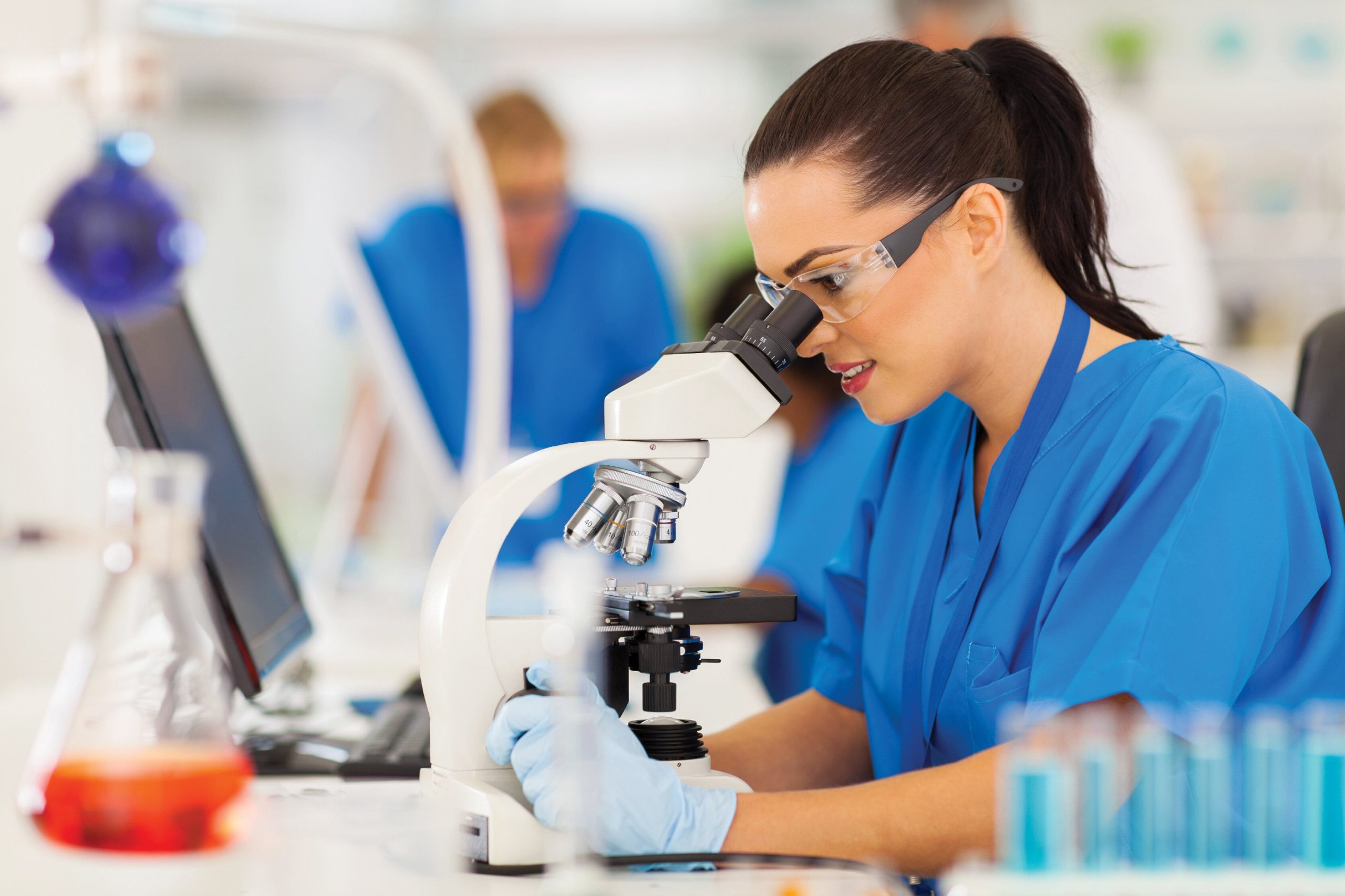The Unsung Heroes of Healthcare: Fun Facts About Medical Laboratory
Though medical laboratories often remain out of the public eye, they are an essential pillar in the healthcare system, helping diagnose and manage a wide variety of health conditions. From blood tests to advanced genetic screenings, these labs provide critical information that informs doctors’ treatment choices. Here are some fascinating facts about medical laboratories that demonstrate just how integral they are to modern healthcare.
1. The Silent Workforce of Healthcare
Medical laboratories are often the unsung heroes working behind the scenes in healthcare. It’s estimated that around 70-80% of medical decisions rely heavily on the results from lab tests. Whether it’s blood work, biopsies, or genetic testing, these results give healthcare providers the data they need to tailor effective treatment plans. Despite their critical role, lab professionals rarely get the recognition they deserve for their contributions.
2. Blood Tests Have Been Around for Over 150 Years
The practice of blood testing goes back to the mid-1800s. The very first documented blood test took place in 1846, when Dr. William Osler suggested blood analysis as a diagnostic tool. Fast forward to today, and blood tests are among the most widely used diagnostic methods, with over 1.4 billion blood tests being conducted worldwide each year.
3. Clinical Laboratories Have a Rich Legacy
The first official clinical laboratory within a hospital was established in 1891 at Bellevue Hospital in New York City. Prior to this, tests were conducted either in physician offices or by doctors themselves. Today, clinical labs have become an indispensable part of healthcare, offering specialized testing that helps doctors diagnose everything from routine ailments to rare and complex conditions.
4. Forensic Science and Medical Labs Share Similar Techniques
While medical labs are typically associated with healthcare, they also share many of their practices with forensic science. Forensic labs use techniques such as DNA testing, blood analysis, and toxicology screenings to solve criminal cases. Whether it’s identifying a suspect or determining the cause of death, lab professionals are essential to both medical and law enforcement fields.
5. Lab Tests Cover a Wide Spectrum
Medical laboratories perform a staggering variety of tests, from routine screenings to highly specialized diagnostics. Common tests, such as those for cholesterol or pregnancy, are widely known, but medical labs can also detect genetic disorders, viral infections, and more. These labs even use unconventional samples like hair and saliva, providing doctors with valuable insights to personalize treatments.
6. Automation and Robotics Are Changing the Lab Game
The integration of automation and robotics is transforming how medical laboratories operate. These technologies are already in use for tasks like sorting samples and analyzing test results, allowing labs to handle a greater volume of tests more quickly and accurately. With robots taking over repetitive tasks, lab professionals can focus on interpreting the data and making crucial decisions for patient care.
7. Home Testing Is Becoming More Popular
With advancements in technology, patients can now perform many medical tests at home. The rise of at-home testing kits makes it easier for individuals to collect samples, such as saliva or blood, and send them in for professional analysis. Tests for conditions like blood sugar levels, genetic disorders, and pregnancy can now be done privately and conveniently at home, eliminating the need for a clinic visit.
